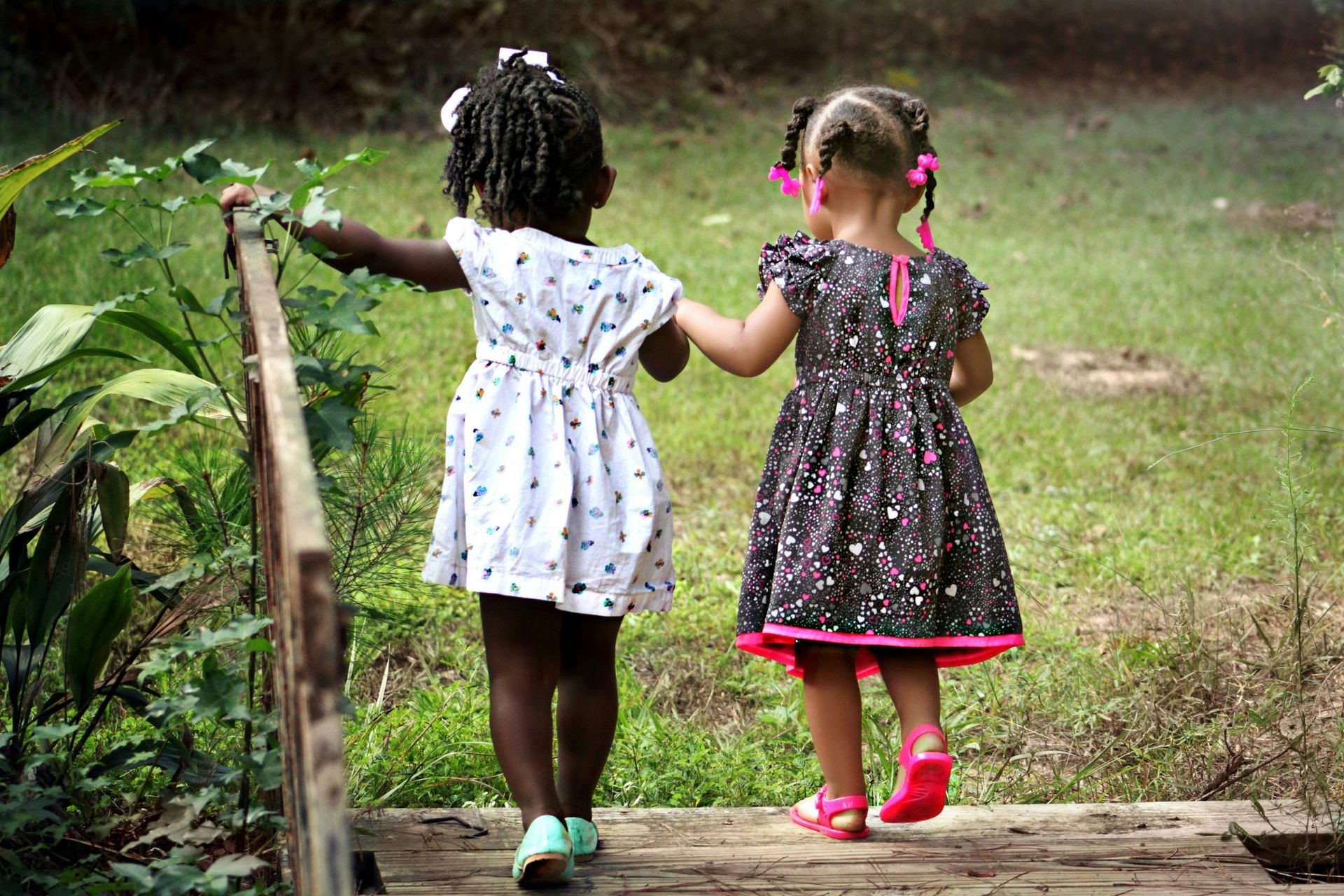Helping Children Cope with Anxiety: Nurturing Friendships, Confidence, and Connection
By Charisse Dawkins, LCSW – C Dawkins Nurturing Minds

Anxiety is a natural part of childhood. As children grow, they often worry about making friends, being “good enough” at school or activities, and whether the adults in their lives truly accept them. For some, these worries become overwhelming, affecting their ability to enjoy learning, play, and relationships. Parents and educators can make a profound difference by offering understanding, reassurance, and strategies that help children feel safe and capable.
Worry #1: Making Friends
Children may fear being left out, rejected, or not knowing what to say. This social anxiety can cause them to withdraw or overcompensate in group settings.
Support Strategy:
- Role-play common friendship scenarios (e.g., joining a game, asking to share).
- Normalize that making friends takes time and everyone feels nervous.
- Praise effort and bravery in social situations, not just outcomes.
Worry #2: Mastery and Performance
Many children put pressure on themselves to “do it right,” whether it’s reading aloud, playing a sport, or drawing a picture. Fear of mistakes can lead to perfectionism and avoidance.
Support Strategy:
- Emphasize progress over perfection (“Look how much you practiced today!”).
- Share stories of famous people who failed before succeeding.
- Teach calming tools like deep breathing or grounding before tasks.
Worry #3: Receiving Acceptance from Adults
Children naturally want approval from parents, teachers, and coaches. When they feel criticized or misunderstood, anxiety can intensify.
Support Strategy:
- Offer specific, positive feedback rather than general praise (“I noticed how you kept trying even when it was hard”).
- Maintain calm, open communication—listen before correcting.
- Create predictable routines so children know what to expect from adults.
Final Thoughts
Childhood worries are not signs of weakness—they’re invitations for connection and guidance. When adults respond with patience, empathy, and practical coping tools, children learn that their feelings are manageable and that they are deeply supported. Together, we can help children step into their friendships, challenges, and relationships with greater confidence.




